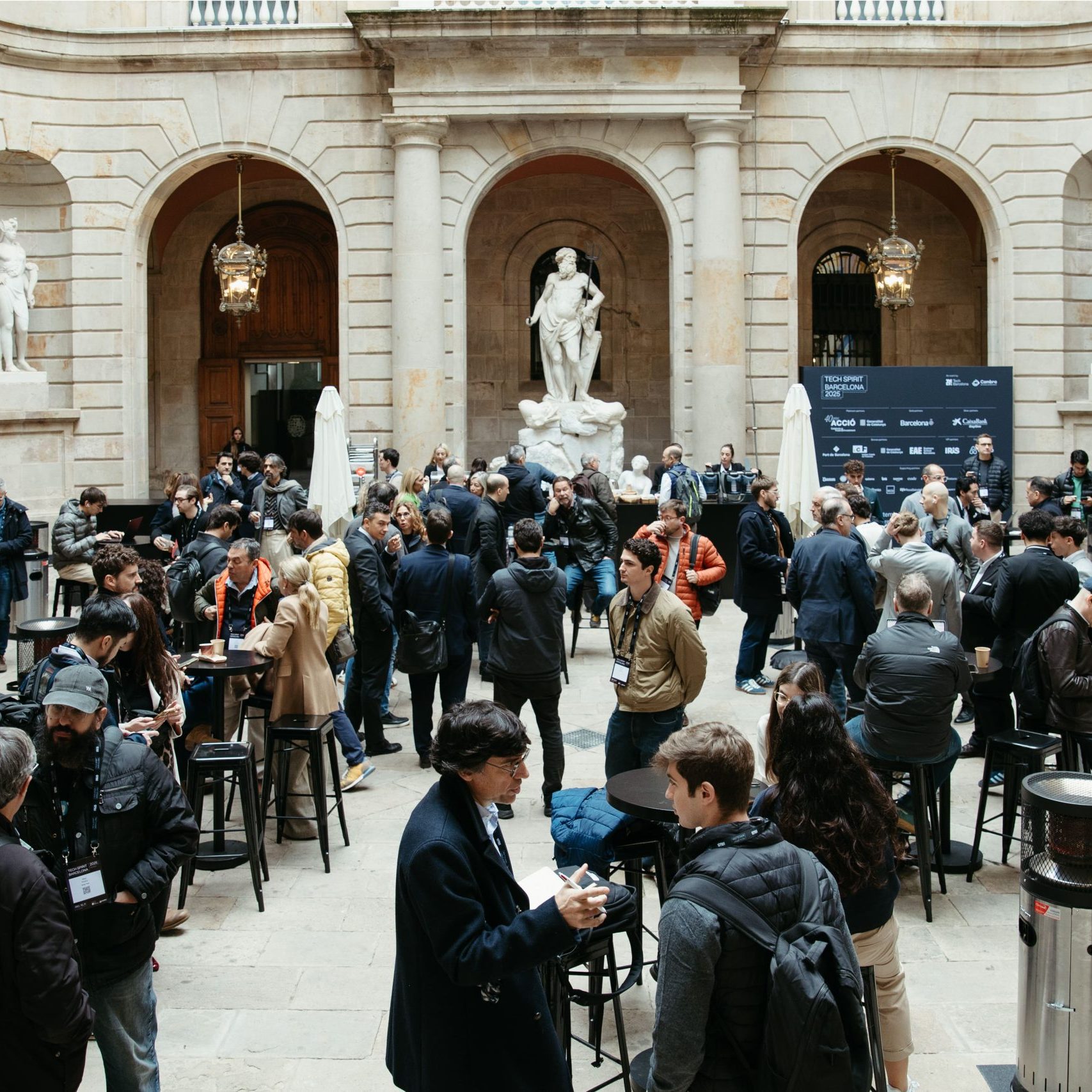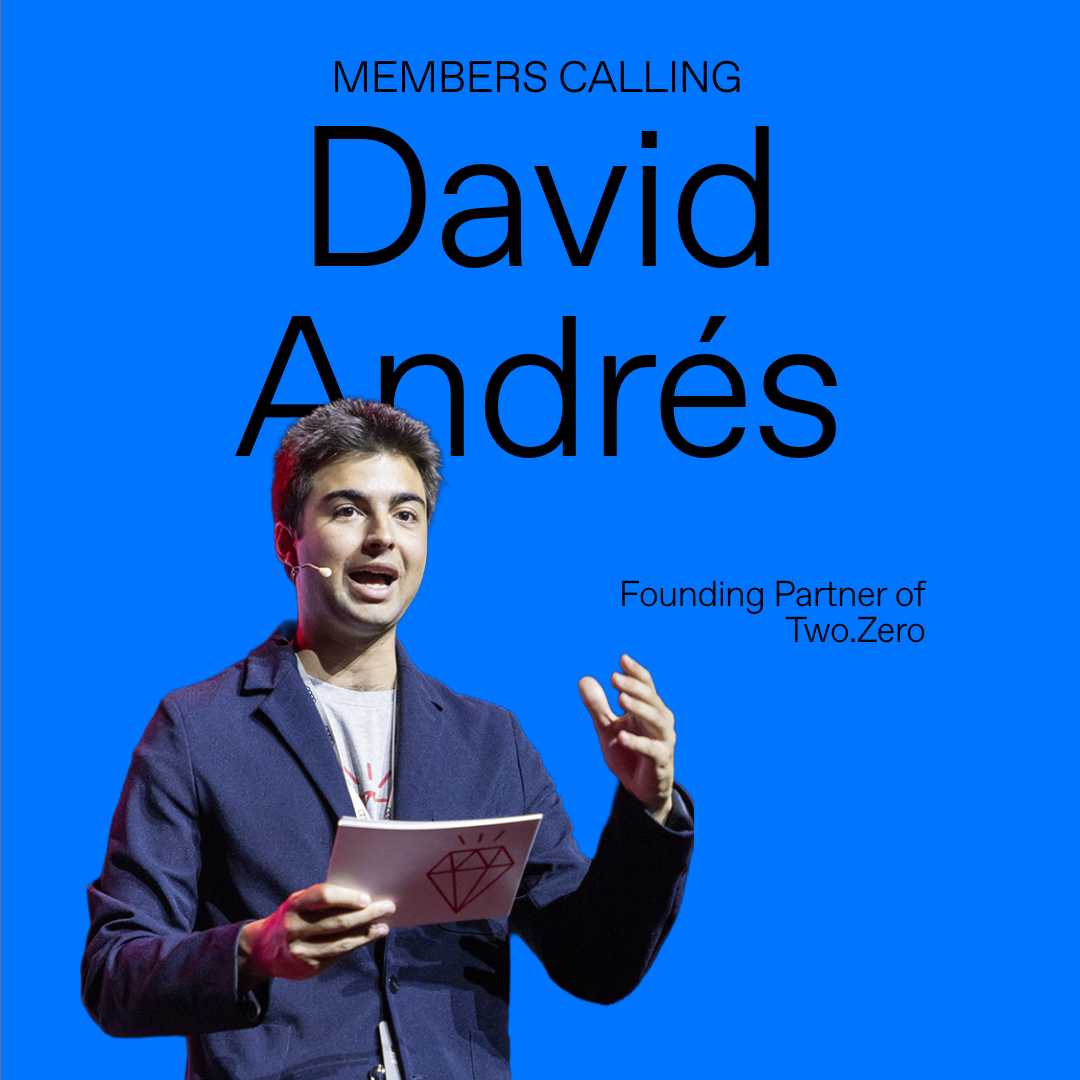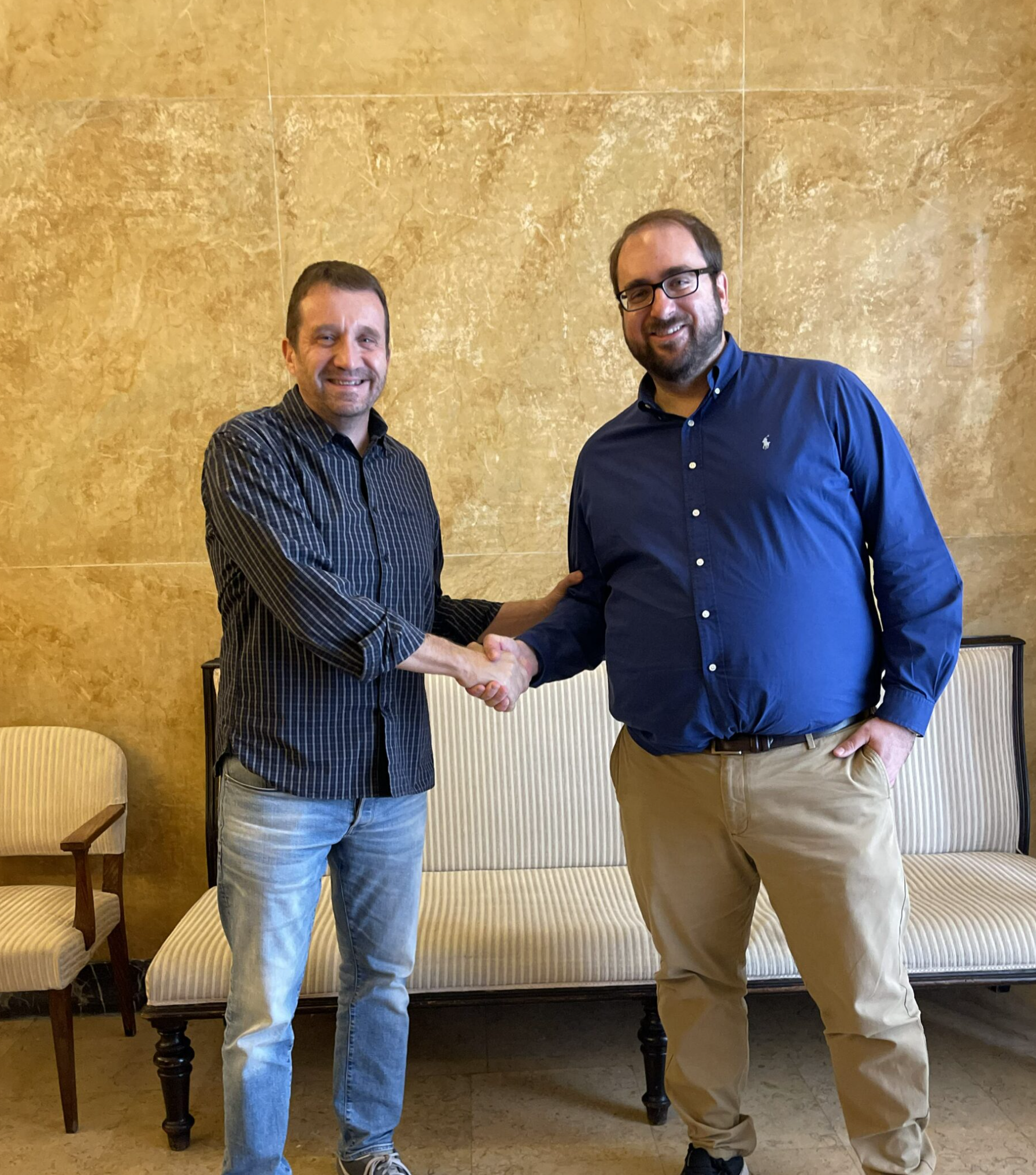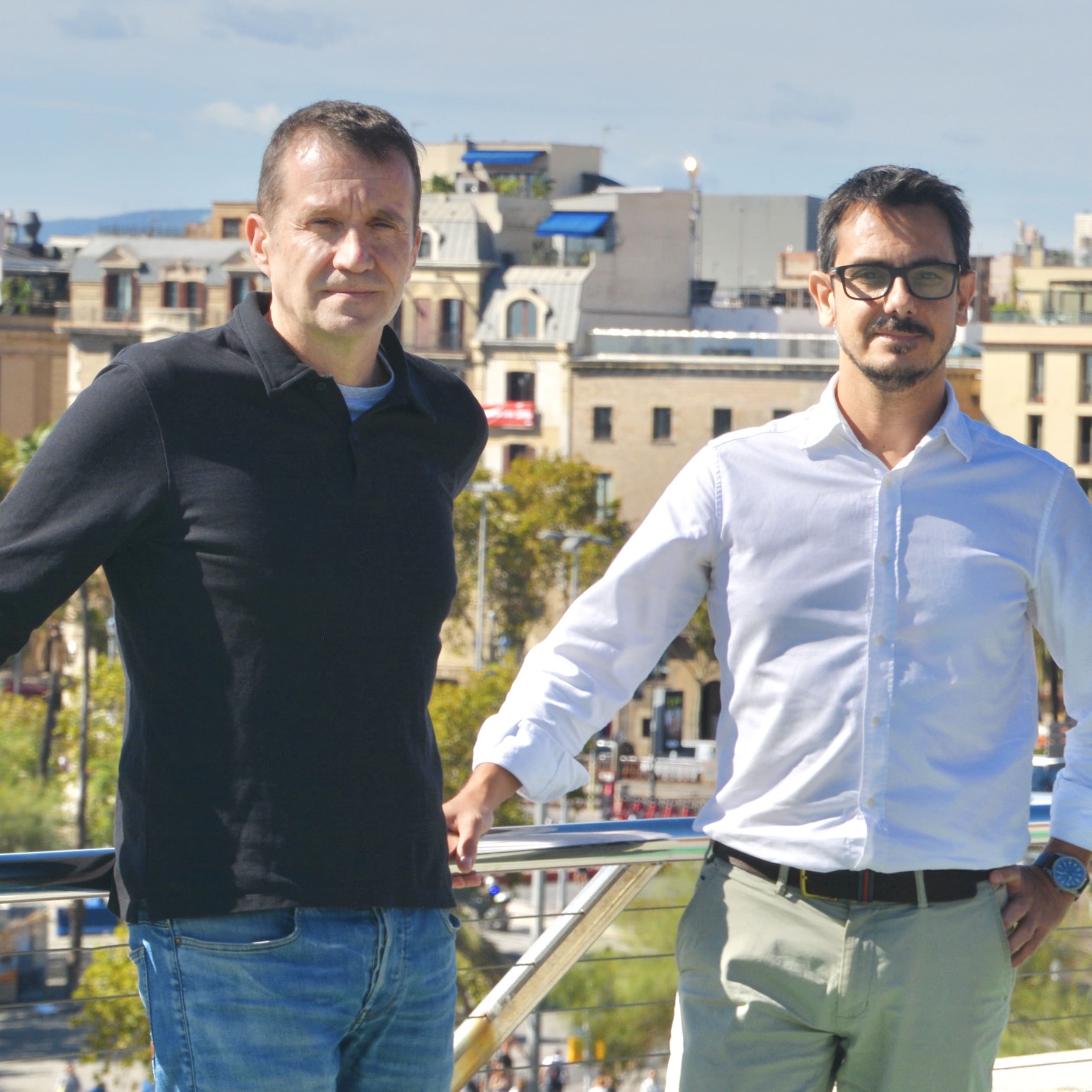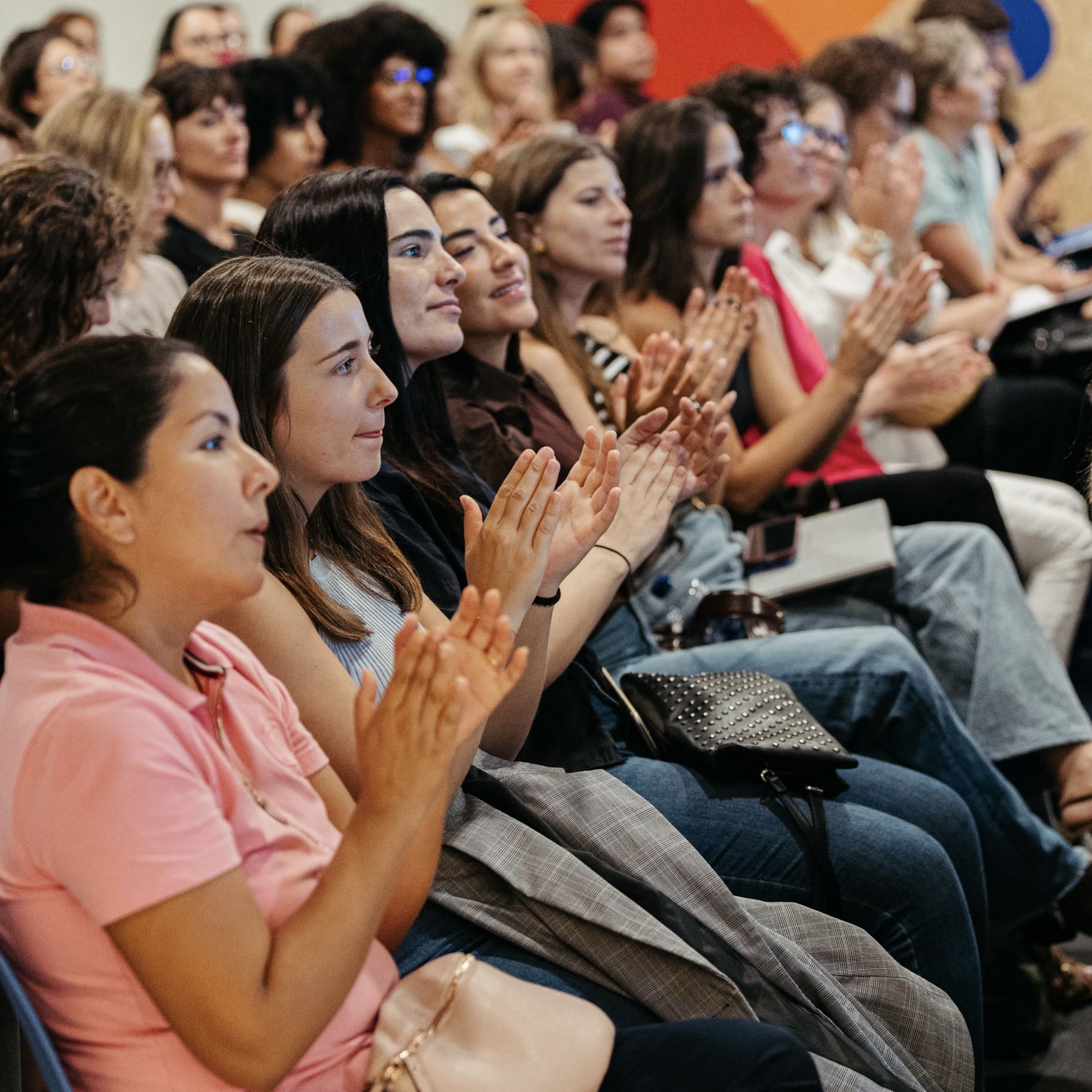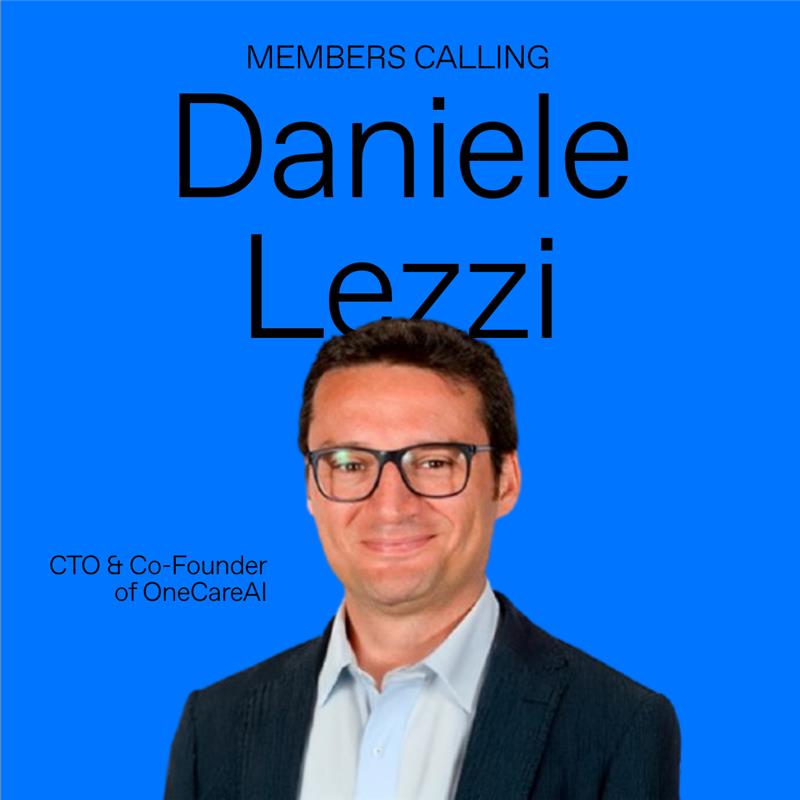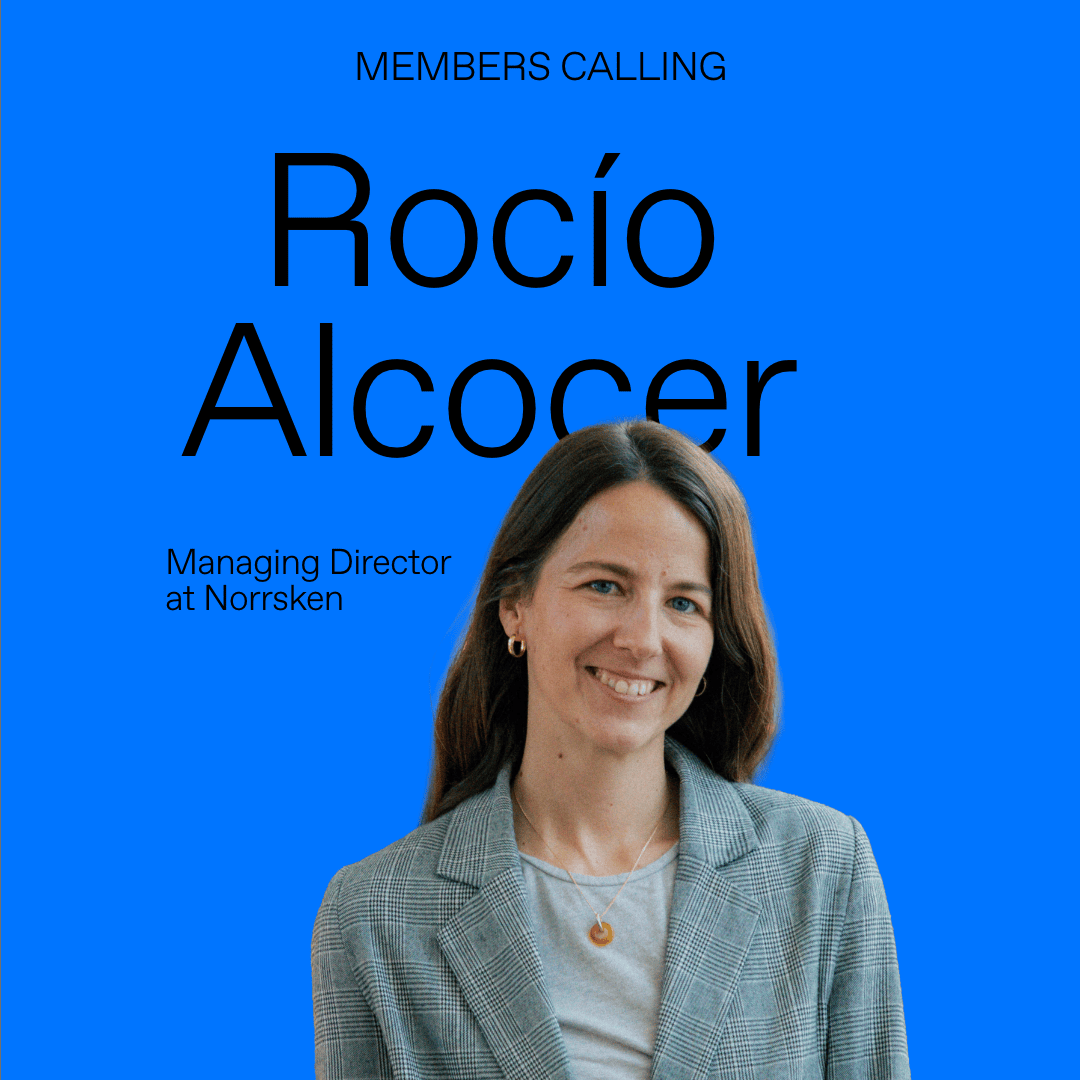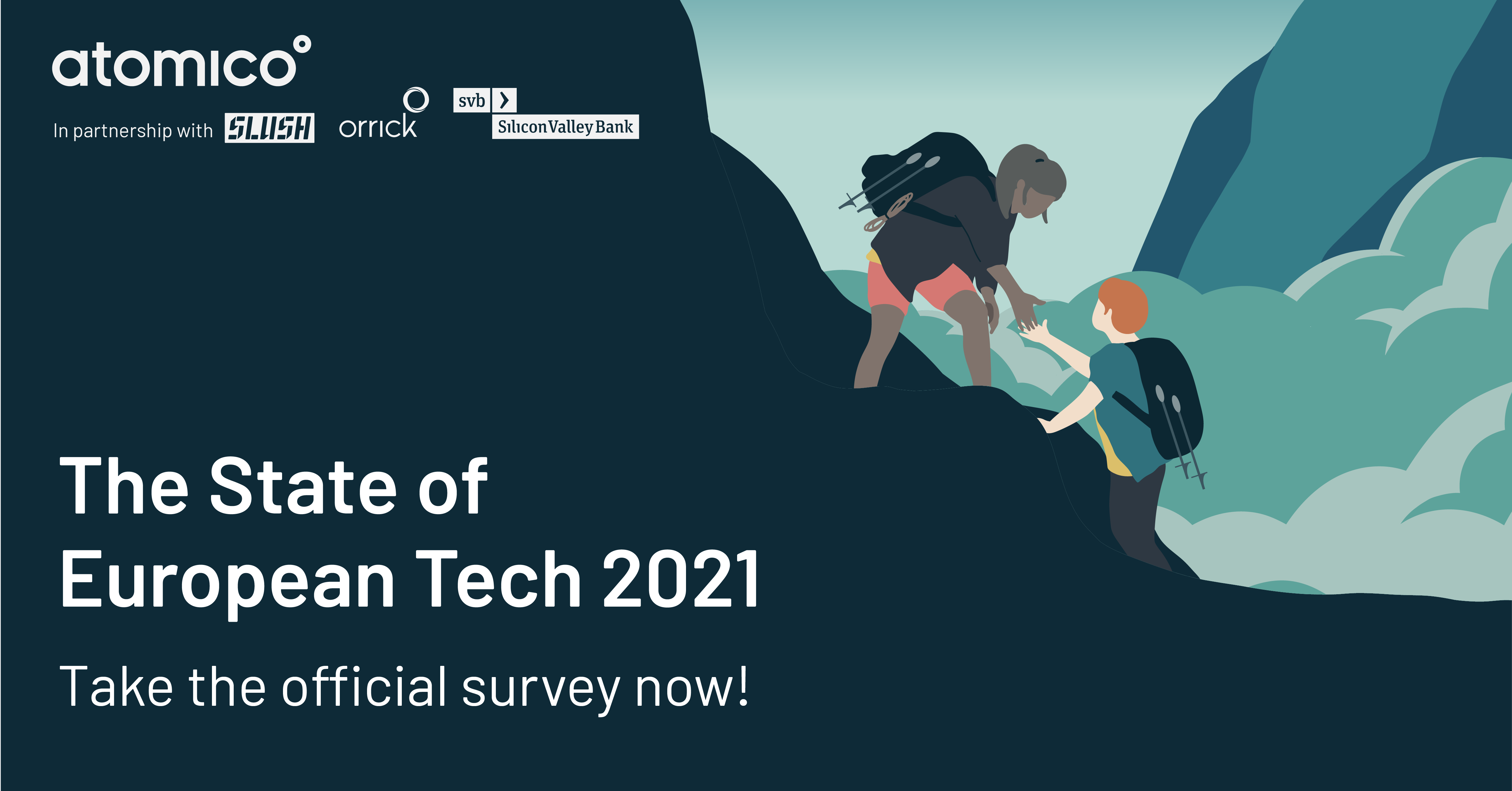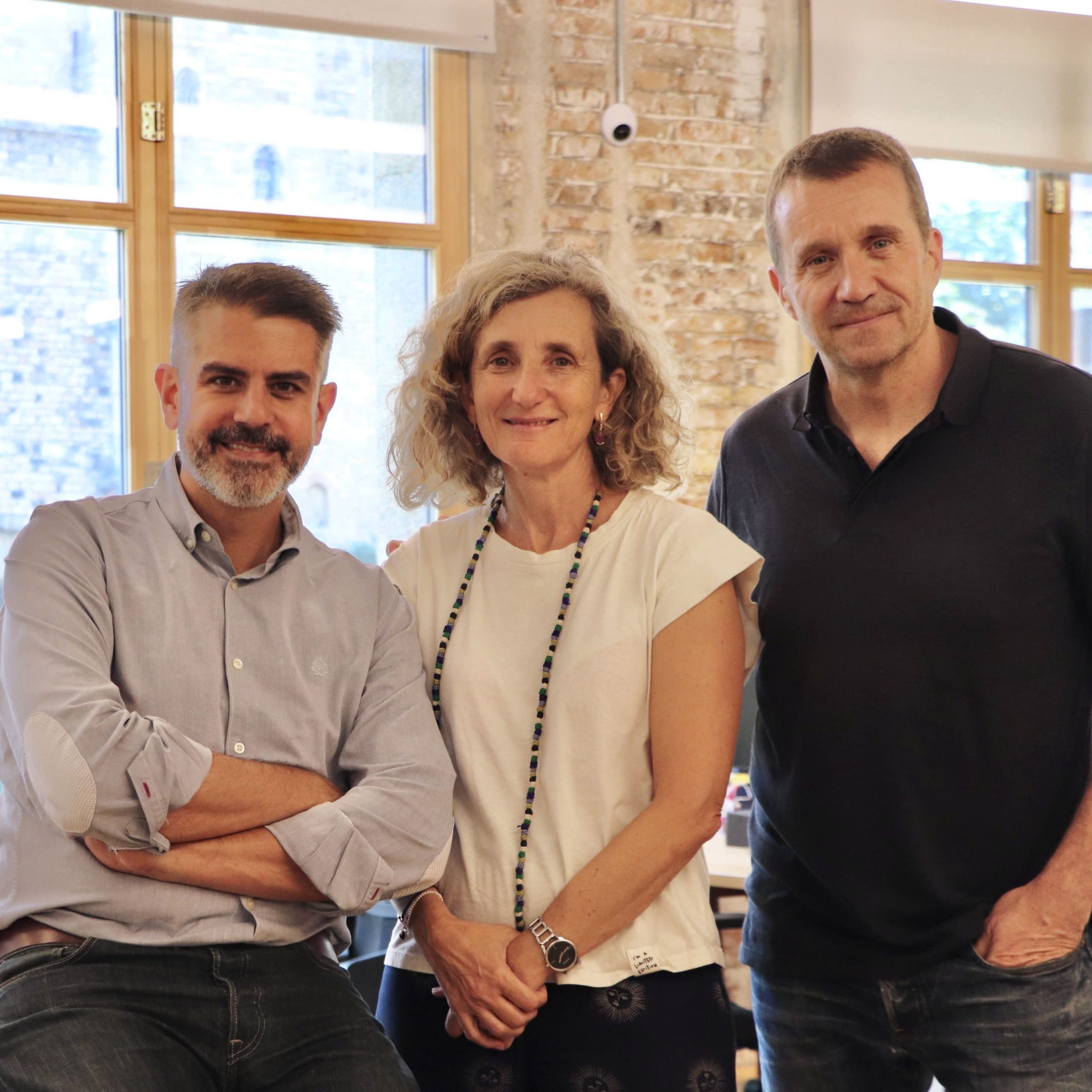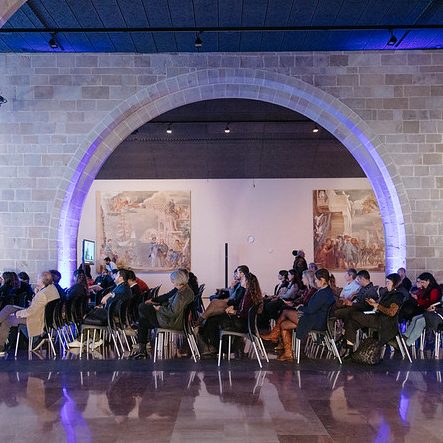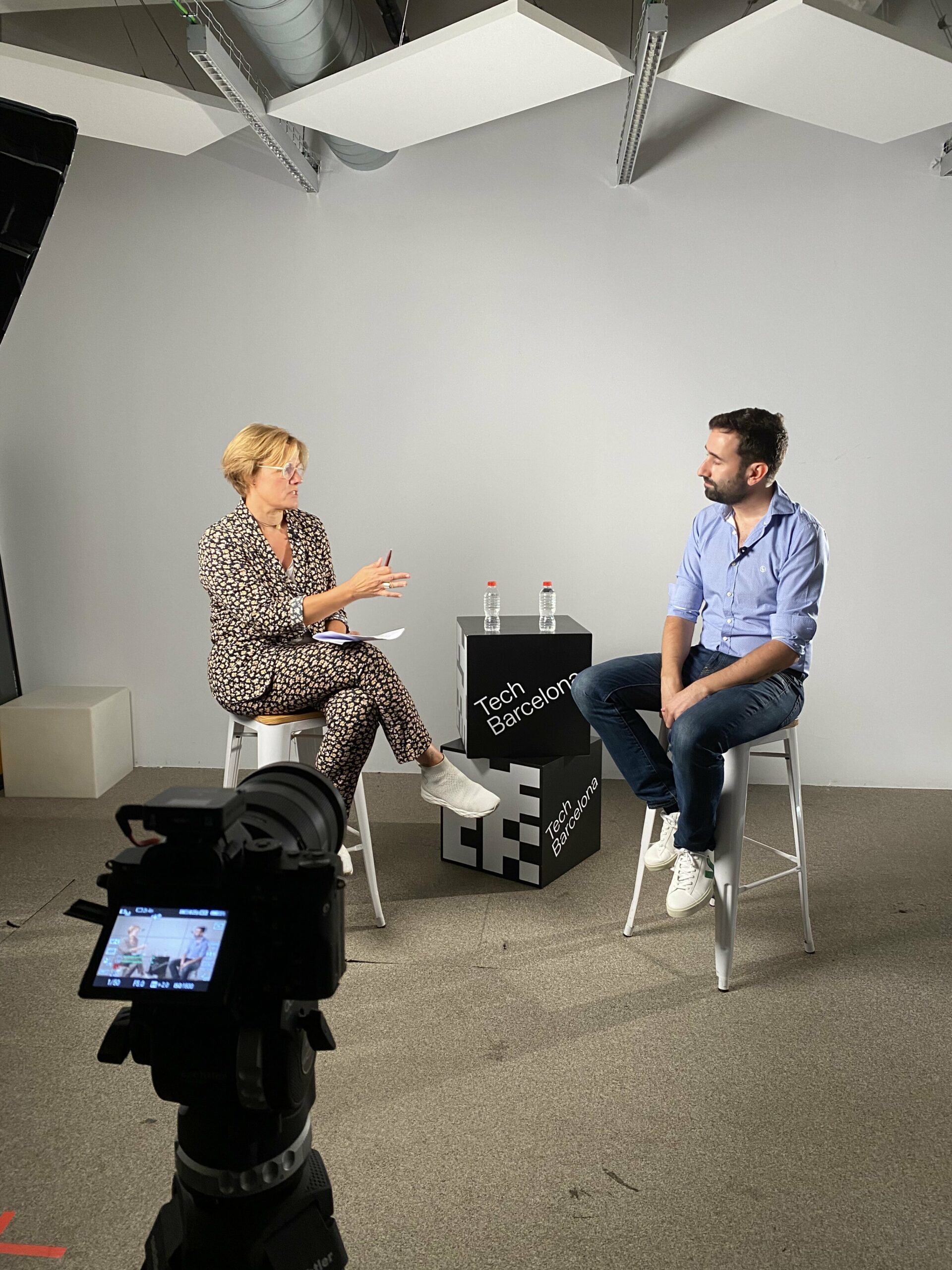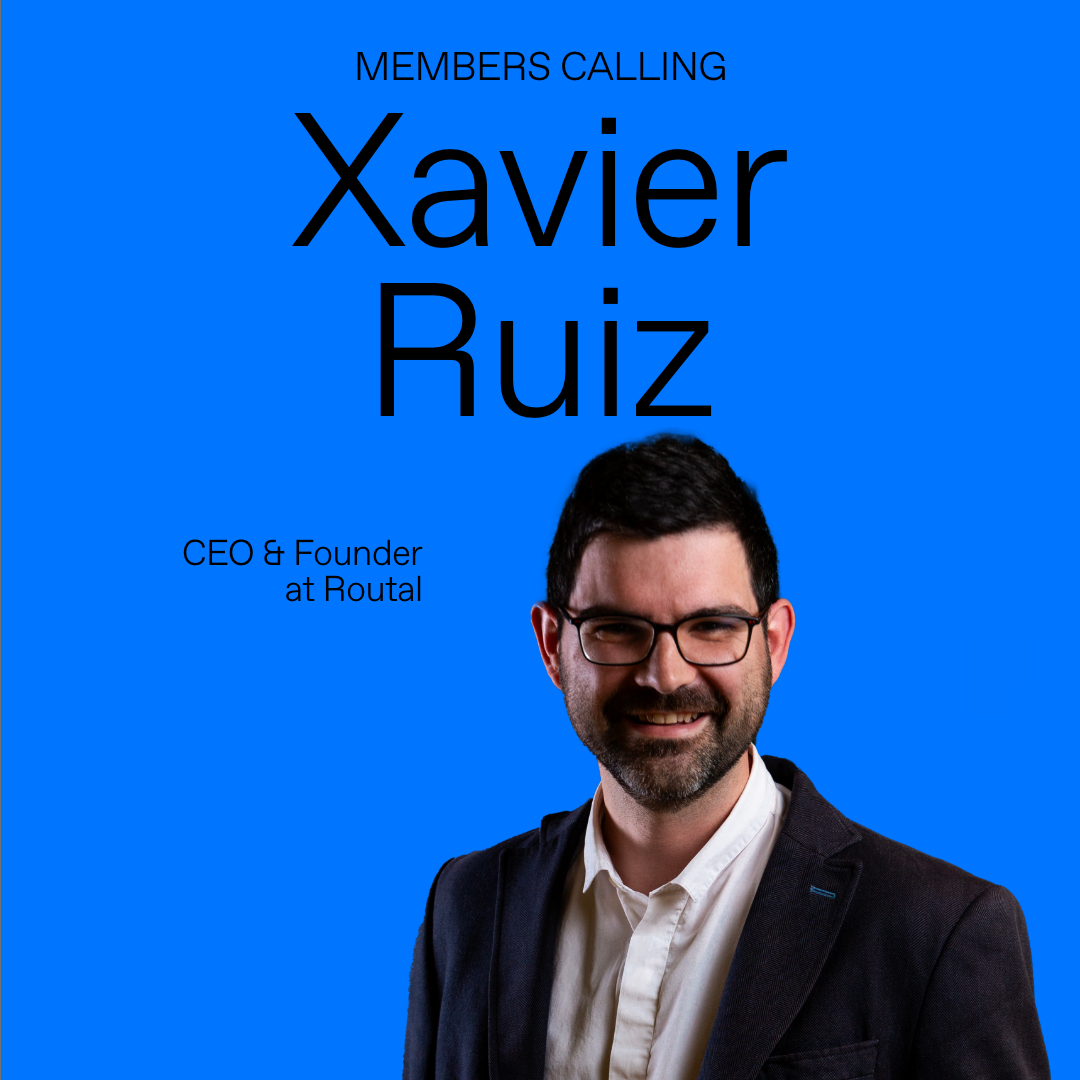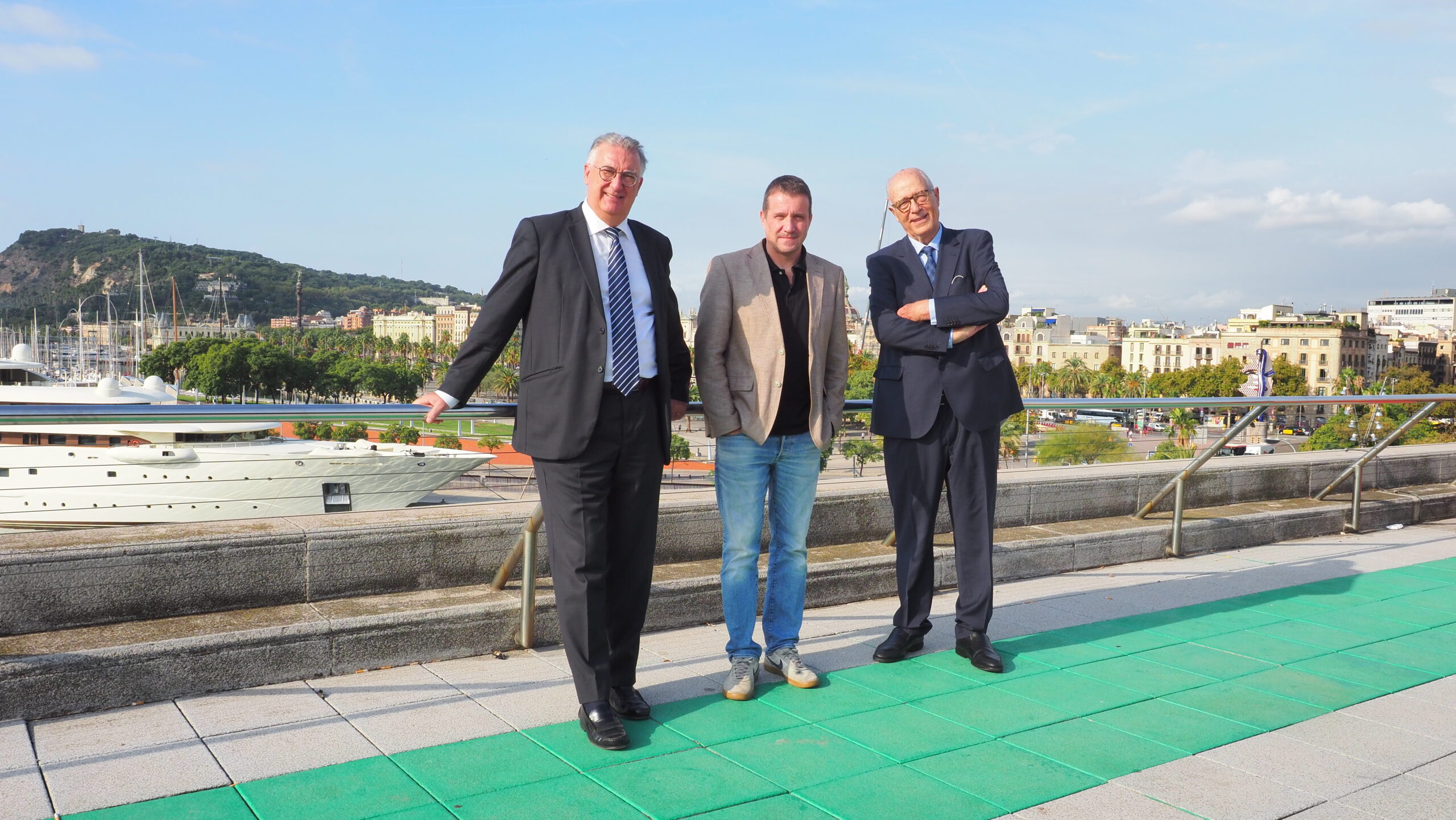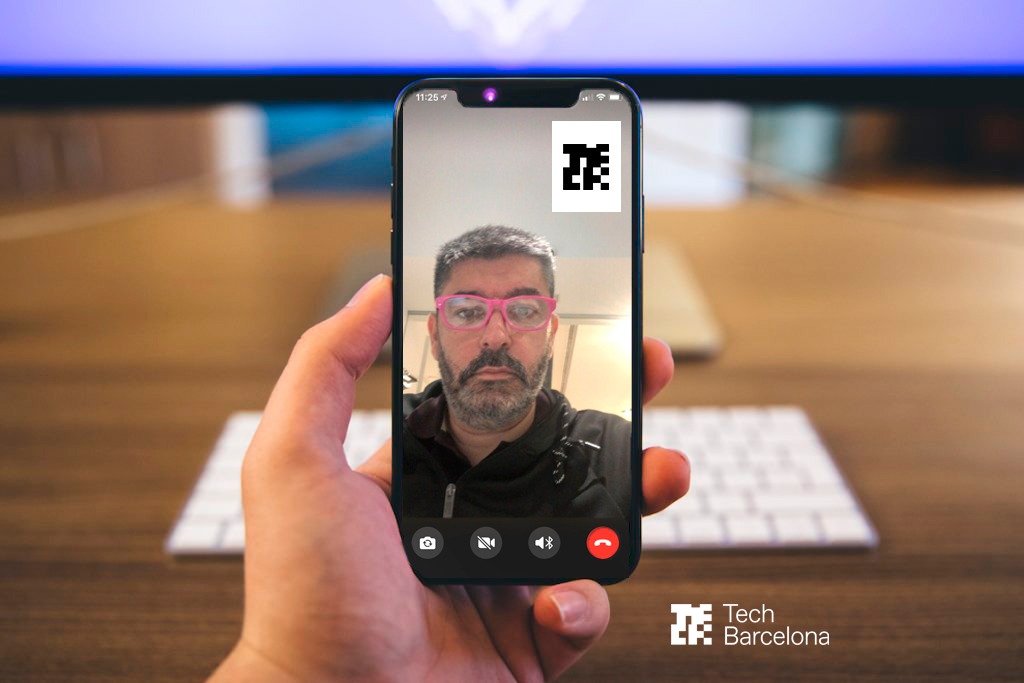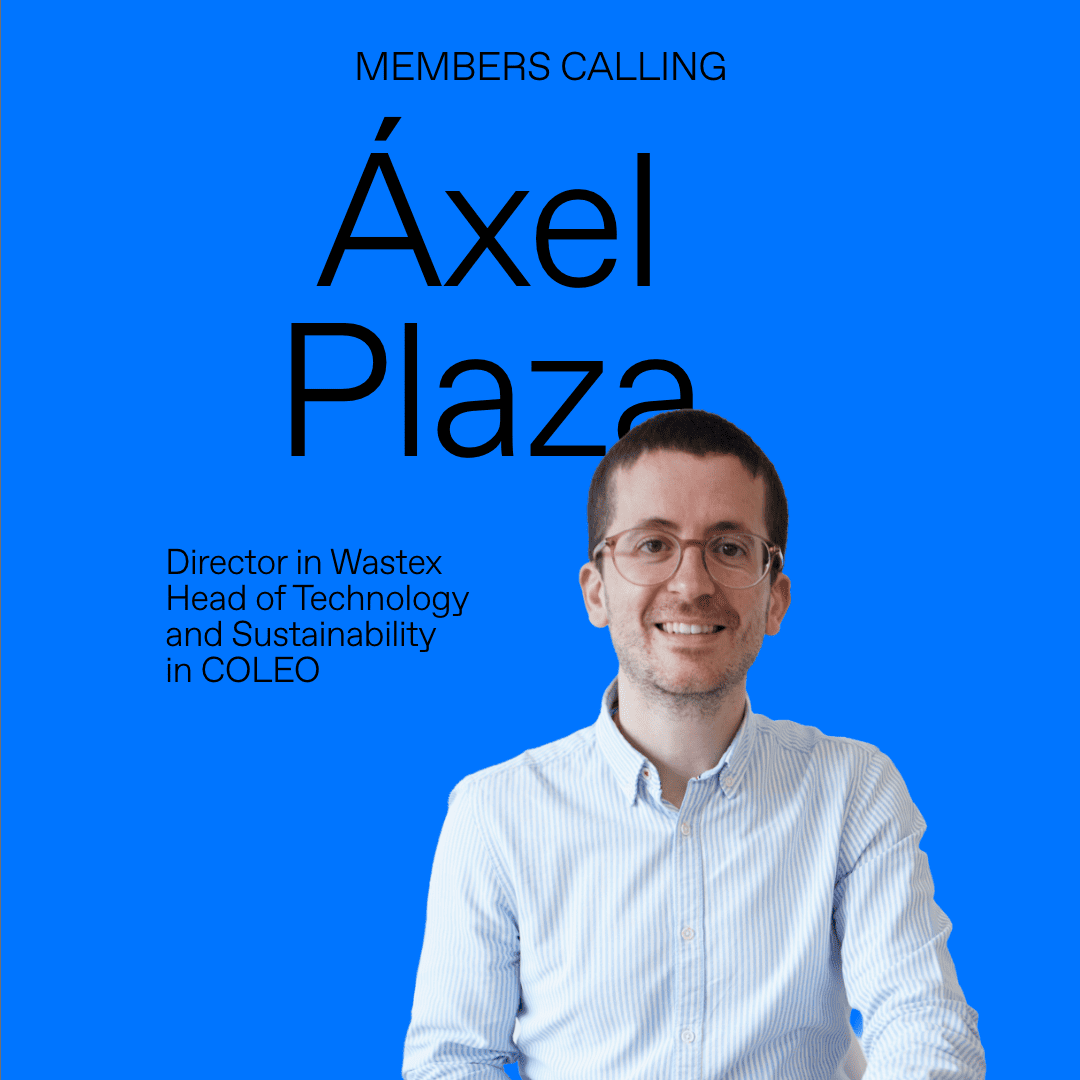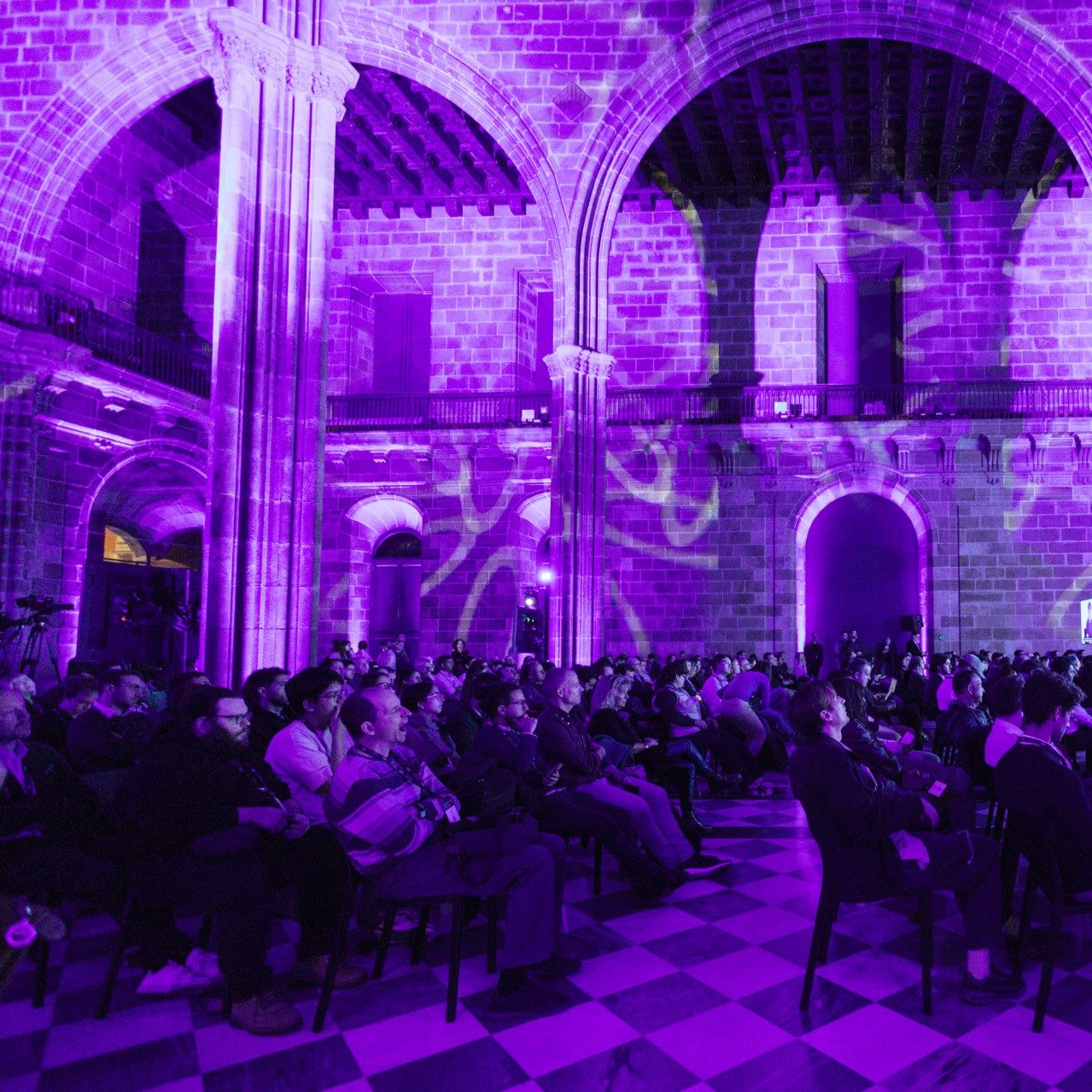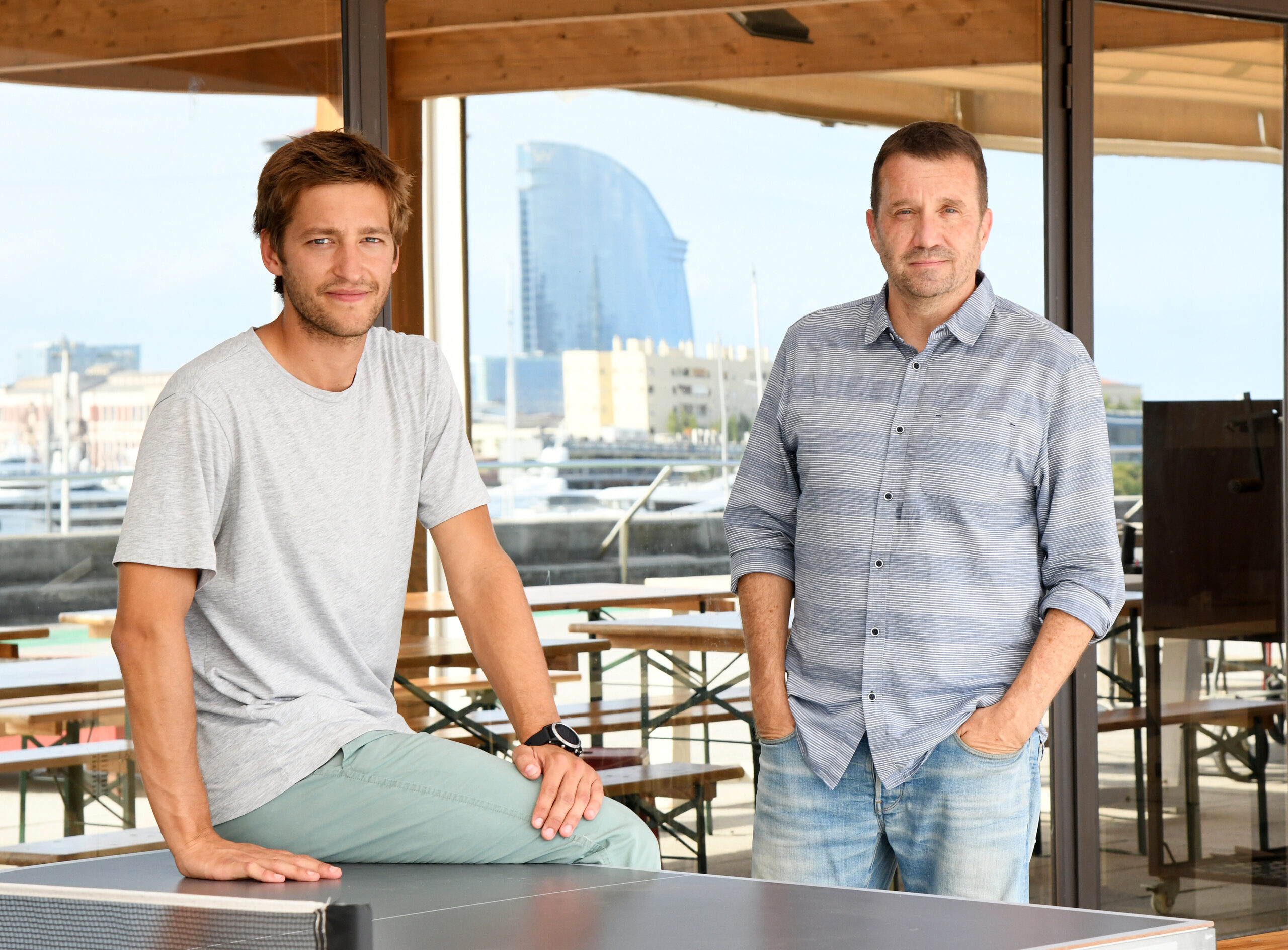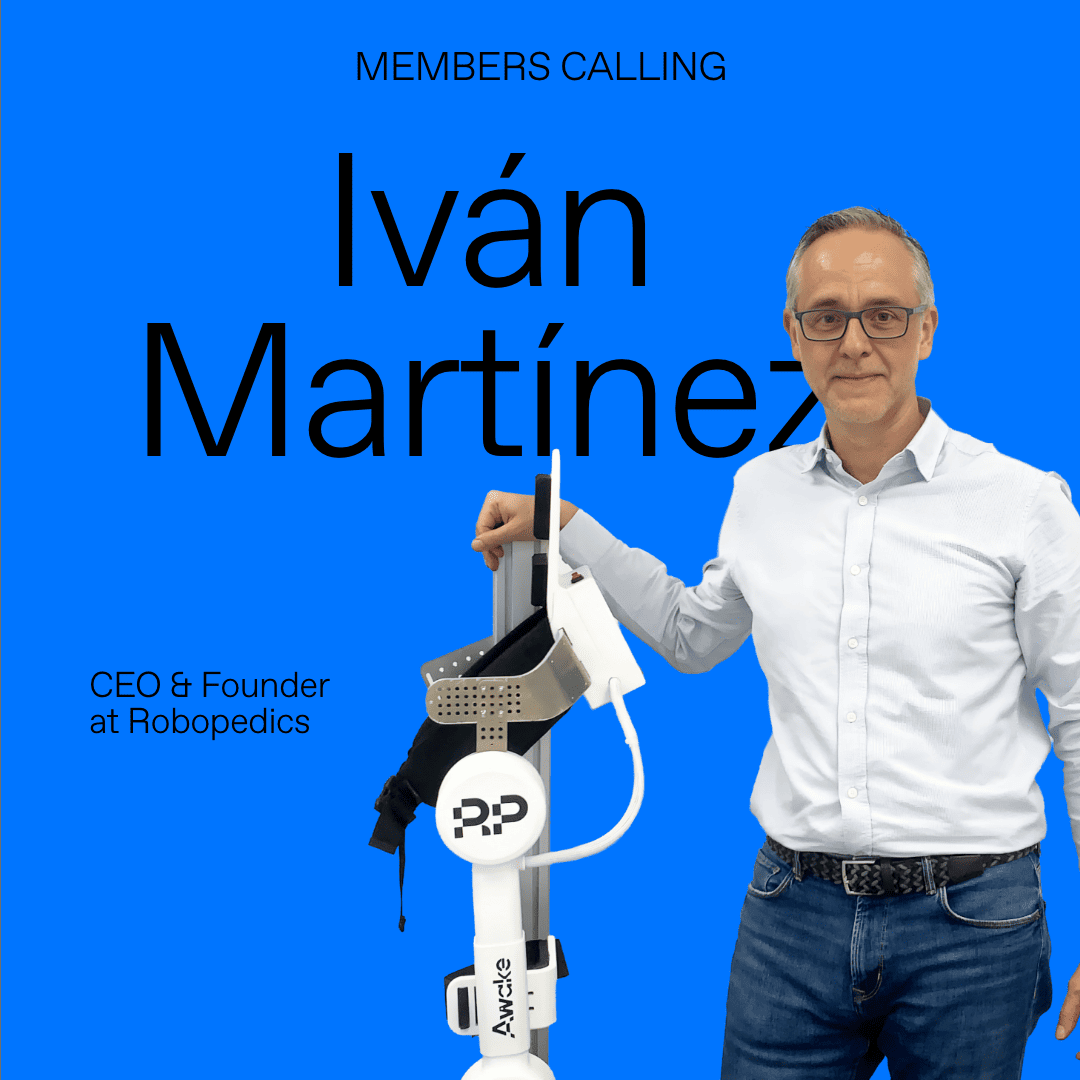Noticias
TB Members Calling #5 | Cristian Martí: “Try cycling to work”

Barcelona, 1972. I work at Methinks, a startup founded in 2016 that uses software to analyse head CT scans of stroke patients to help doctors decide on treatment in time during the emergency. I studied industrial engineering at UPC and an MBA at IESE, and I’ve been programming since my father brought an Apple PC home in 1982. Methinks is my second company; the previous one, Coordina, which tracked vehicles with GPS, was acquired by TomTom in 2013. I like to work without being too sure that things will work out, in a close-knit group, trying to overcome difficulties without losing my sense of humour.
CM: It is a project with its own technology, with a global scope, creating an artificial intelligence tool to save lives and prevent disabilities, with a group of excellent people, can you ask for more?
TB: A good idea you have had.
CM: Convince Pau Rodríguez to be CEO of the company and Carlos Crespo to be the CTO.
TB: A bad professional experience.
CM: Three times we have been selected for the final phase of the H2020 EIC programme, three times we have been knocked down: work, illusion, plans, everything down the drain and then we have to recover from the blow.
TB: The best advice you’ve ever been given.
CM: Try cycling to work.
TB: An inspiration.
CM: No idea, what an awkward question.
TB: A start-up (other than your own).
CM: I really like 011h, the company that my friend Lucas Carné has founded to change the construction sector.
TB: A book to recommend.
CM: The Righteous mind, by Jonathan Haidt.
TB: A series or film or song that defines your moment in life.
CM: De vez en cuando la vida by Serrat.
TB: A recipe, a meal, a restaurant.
CM: At El Xiringuito del Club Natació Barcelona (CNB) they make grilled sardines for €10 that you can eat while you kick up the sand on the beach.
TB: Una ciudad, un viaje.
CM: I recently read a book by Rafel Nadal, Mar d’Estiu, una memòria mediterrània, in which he explained how he prepared his trips with his wife, and how they would document and research anything that was particularly interesting about the trip. She would even buy a perfume that she would only wear during the trip, to fix it in her memory. I thought that instead of choosing a destination, I want to change the way I travel.

